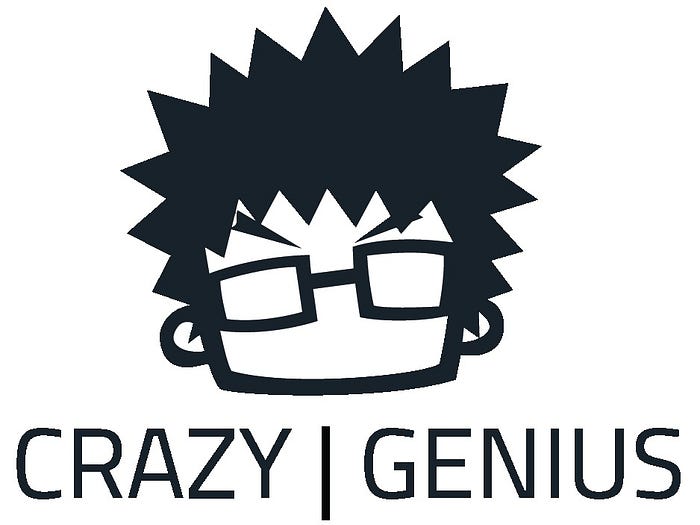Member-only story
Genius and Insanity: Why It Pays To Be A Little Crazy

“No great mind has ever existed without a touch of madness.”
Aristotle’s words were probably the first time in recorded history that a link was drawn between genius and insanity.
Since then, the idea has gone on to gain lots of momentum.
In the 1880s, Cesare Lambroso wrote The Man of Genius, a book which argued that artistic genius was a form of hereditary insanity.
More recently in the pop culture domain, Panic! At The Disco released a song called Crazy = Genius, which was an ode to Brian Wilson, who despite being diagnosed as schizoaffective with manic depression, was behind more than two dozen Top 40 hits for The Beach Boys.
Myth or More?
But is the popular notion that there is a strong link between genius and insanity true or just a convenient myth?
To answer that, we first need to define genius and insanity.
According to Stanford professor and author of Early Mental Traits of 300 Geniuses, Catharine Miles:
A genius is a person who displays exceptional intellectual ability, creative productivity, universality in genres or originality, typically to a degree that is associated with the achievement of new advances in a domain of knowledge.
